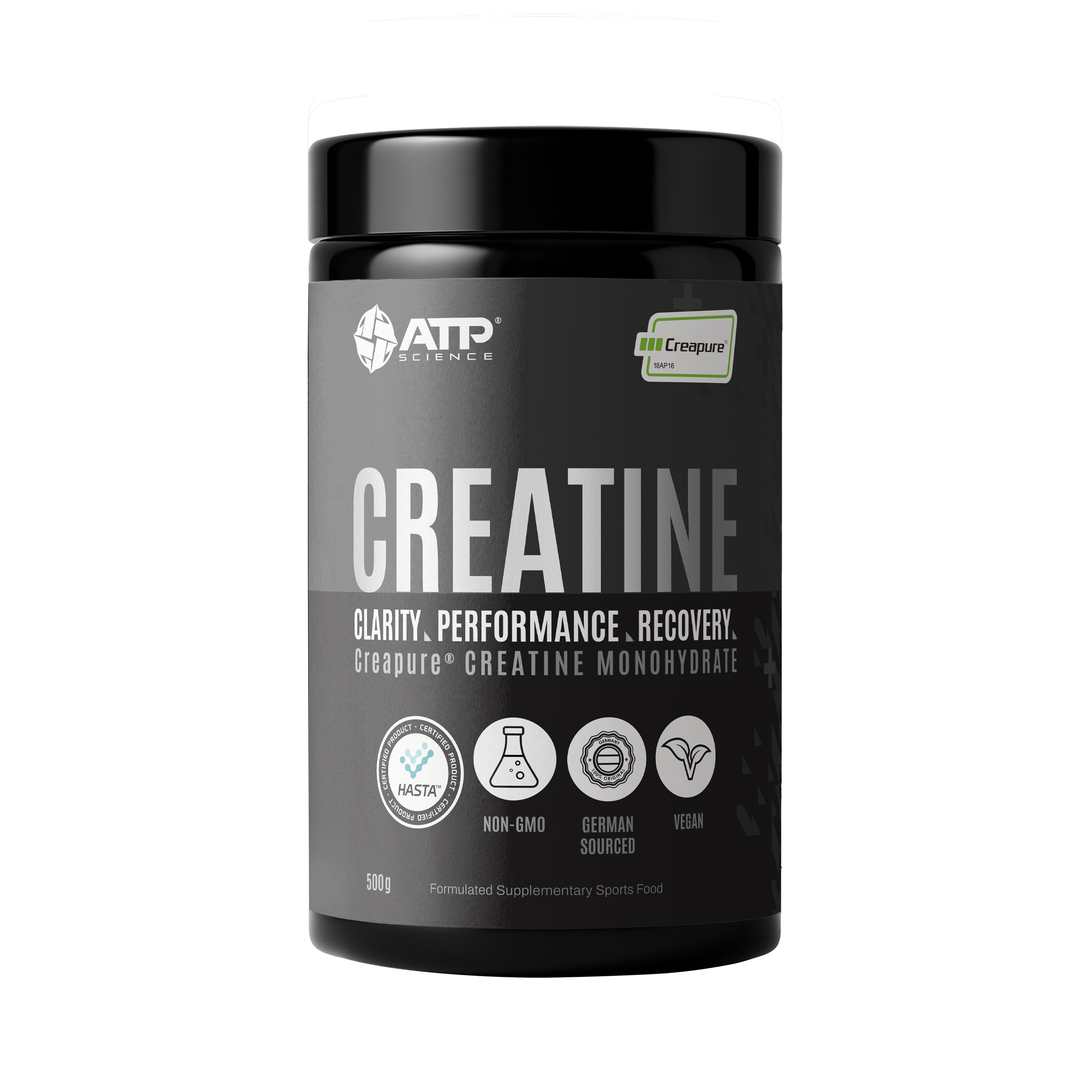Raspberry ketones – what is the deal with these, good or not good, and why are they everywhere all of sudden? Well, Raspberry ketones are a bit of a grey area, to be honest. So, we will try and break them down into its basic elements below as best as we can.
What are Raspberry Ketones?
Raspberry Ketones are naturally occurring phenolic compounds that provide the aromatic aspect of raspberries, but this phenolic compound is actually also found in blackberries, cranberries as well as raspberries themselves. A Raspberry Ketone is just one molecule of about 200 individual molecules that make a raspberry the raspberry we have come to love most in our berry obsessions over time.
Raspberries contain some excellent essential micronutrients like that of beta-carotene, vitamin A, E and C[2]. High fiber and are relatively lower on the carb front, so are quite a satisfying snack if you wanted to dig into a punnet while continuing this article; by all means, you’re looking at around 7g of fiber and 12g of carbs per 100g of raspberries. Which leads us to our next talking point, what do raspberry ketone’s actually doing for us?
What do Raspberry Ketones actually do for us?
In the market, you will see raspberry ketones applied for working across multiple things, ketone effects on the brain, and fat burning being likely the largest two claims. However, eating raspberries to the effect of aiming to get enough ketones from them if they are 1 of 200 molecules making up the fruit, is likely to have a nil effect. Buckets of raspberries will see you max out at green apple splatters before you get to feel any effect from the ketone aspect itself.
So, it has been isolated as an ingredient. Why? In 2010 is when the raspberry ketone welcome party happened in the masses when scientists noticed that the raspberry ketone had a very similar molecular structure to that of capsaicin[3]. Capsaicin is what makes chilis hot, and the correlation drawn from preliminary studies done of capsaicin showed that it had altered effects on lipid metabolism (fat burning)[3,4]. The foundation stands that Raspberry ketones stimulate what is called “Adiponectin”, a protein hormone involved in regulating glucose levels and fatty acid breakdown. This is the grey area that we, unfortunately, don’t have enough data done in human studies to comment on for effectiveness. This is cross-correlation theorized based on rat studies and you can read a few of those here: [5,6,7] included below in the references section.
What about the use of ketones in the brain?
Ketones are an aspect of human adaption that kicks in when we have depleted carbohydrate stores/glycogen and our brain's huge demand for glucose for energy consumption kicks in. For the neural function to work adequately it is suggested that ketones can supply up to 50% of our basal energy requirements in the placement of glucose and 70% of our brain’s sole energy requirements[8]. It’s a survival aspect of starvation periods, ketones are produced internally through what is called – ketogenesis, fatty acid metabolism occurrence in the liver in the absence of the preferred fast-acting energy source, glucose.
What happens when we supply ketones exogenously? (supplied through dietary intake instead of made in the body). During prolonged fasting, ketone bodies in humans, where starvation stages are met can produce up to 150g of active ketone bodies to support brain and energy function[9], this usually occurs after stages of protein catabolism processes, where stored protein sources are converted to glucose to meet energy requirements[10], up to 17-32g of glucose, the brain using around 100-150g of glucose per day for functionary levels[11].
Supplying exogenous ketones is believed to provide the effect without the hard work on your body to get there[12]. More research is being conducted of late into their effects for neuroprotective measures and in closer introspection to the central nervous system, as well as cerebral brain injury in adults[12,13].
Exogenous Ketones as a Nootropic
As for the nootropic effects of raspberry ketones, again, there is not much the way of human studies conducted on this aspect. However, research conducted in rats on the nootropic claims of raspberry ketones showed that it appeared to preserve cholinergic activity. What does this mean you ask? Choline is an essential nutrient for the brain, required for the production of neurotransmitter ‘acetylcholine’. It is involved in cell membrane signaling, lipid transport, and homocysteine reduction (extremely important!)[15]. Acetylcholine aids in chemical messages between nerve cells in the brain.
In this rat study, it showed to preserve cholinergic activity, which is being further studied as a potential modulating tool in the use of Alzheimer’s patients moving forward[16].
Take home consensus?
More data needs to be collected to draw a straight line in the sand on the effects of raspberry ketones in the human body to draw sound conclusions on their effects. Their effects seem promising and we are looking forward to seeing more studies conducted on the marketed effects in humans going forward, especially from a neuroprotective aspect.
Does ingesting raspberry ketones for the purpose of reaching ketosis (ketones liberated from fatty acid metabolism in the liver) actually work? Well, if you are including exogenous ketones into your diet as part of your standard diet that includes carbohydrates, it is in the unlikely instance that you will be in true ketosis as the body will have stored glycogen and available blood glucose and insulin to perform the energy requirements before resorting to the production and use of ketones. So, the ketones you are taking in, may theoretically, assist in benefits towards the brain instead based on what we covered earlier.
If blood ketones are raised from exogenous ketones, and you are committing to the lifestyle changes necessary to reach a state of ketosis, the body will likely not interpret the need for hepatic production of ketones as required. However, again more research is needed on that front. There is a possible future insight into the autocrine and paracrine aspect of the co-metabolic aspects of ketones' effects in the body that looks to be exciting if conclusive . Until then, science is rarely black and white, it’s ever-evolving and this area is rather grey indeed.
References
- Zhao, D., Yuan, B., Kshatriya, D., Polyak, A., Simon, J., Bello, N., & Wu, Q. (2019). Bioavailability and Metabolism of Raspberry Ketone with Potential Implications for Obesity Prevention (OR34-05-19). Current Developments in Nutrition, 3(Suppl 1), nzz031.OR34-05-19. https://doi.org/10.1093/cdn/nzz031.OR34-05-19
- https://www.livescience.com/39972-raspberry-ketone-supplement-facts.html
- Morimoto, Chie & Satoh, Yurie & Hara, Mariko & Inoue, Shintaro & Tsujita, Takahiro & Okuda, Hiromichi. (2005). Anti-obese action of raspberry ketone. Life sciences. 77. 194-204. 10.1016/j.lfs.2004.12.029.
- Zheng, J., Zheng, S., Feng, Q., Zhang, Q., & Xiao, X. (2017). Dietary capsaicin and its anti-obesity potency: from mechanism to clinical implications. Bioscience reports, 37(3), BSR20170286. https://doi.org/10.1042/BSR20170286
- Wang, L., Meng, X., & Zhang, F. (2012). Raspberry ketone protects rats fed high-fat diets against nonalcoholic steatohepatitis. Journal of medicinal food, 15(5), 495–503. https://doi.org/10.1089/jmf.2011.1717
- Mehanna, E. T., Barakat, B. M., ElSayed, M. H., & Tawfik, M. K. (2018). An optimized dose of raspberry ketones controls hyperlipidemia and insulin resistance in male obese rats: Effect on adipose tissue expression of adipocytokines and Aquaporin 7. European journal of pharmacology, 832, 81–89. https://doi.org/10.1016/j.ejphar.2018.05.028
- Cotten, B. M., Diamond, S. A., Banh, T., Hsiao, Y.-H., Cole, R. M., Li, J., … Vodovotz, Y. (2017). Raspberry ketone fails to reduce adiposity beyond decreasing food intake in C57BL/6 mice fed a high-fat diet. Food & Function, 8(4), 1512–1518.doi:10.1039/c6fo01831a
- White, H., & Venkatesh, B. (2011). Clinical review: ketones and brain injury. Critical care (London, England), 15(2), 219. https://doi.org/10.1186/cc10020
- Ketone-body production and oxidation in fasting obese humans. Reichard GA Jr, Owen OE, Haff AC, Paul P, Bortz WMJ Clin Invest. 1974 Feb; 53(2):508-15.
- The metabolism of acetone in rat. Casazza JP, Felver ME, Veech RL J Biol Chem. 1984 Jan 10; 259(1):231-6.
- Hormone-fuel interrelationships during fasting.Cahill GF Jr, Herrera MG, Morgan AP, Soeldner JS, Steinke J, Levy PL, Reichard GA Jr, Kipnis DM J Clin Invest. 1966 Nov; 45(11):1751-69.
- Wood, T. R., Stubbs, B. J., & Juul, S. E. (2019). Exogenous Ketone Bodies as Promising Neuroprotective Agents for Developmental Brain Injury. Developmental Neuroscience, 1–12. doi:10.1159/000499563
- Kovács, Z., D'Agostino, D. P., Diamond, D., Kindy, M. S., Rogers, C., & Ari, C. (2019). Therapeutic Potential of Exogenous Ketone Supplement Induced Ketosis in the Treatment of Psychiatric Disorders: Review of Current Literature. Frontiers in psychiatry, 10, 363. https://doi.org/10.3389/fpsyt.2019.00363
- Zhao, D., Yuan, B., Kshatriya, D., Polyak, A., Simon, J., Bello, N., & Wu, Q. (2019). Bioavailability and Metabolism of Raspberry Ketone with Potential Implications for Obesity Prevention (OR34-05-19). Current Developments in Nutrition, 3(Suppl 1), nzz031.OR34-05-19. https://doi.org/10.1093/cdn/nzz031.OR34-05-19
- Zeisel, S. H., & da Costa, K. A. (2009). Choline: an essential nutrient for public health. Nutrition reviews, 67(11), 615–623. https://doi.org/10.1111/j.1753-4887.2009.00246.x
- Mohamed, H.E., Abo-Elmatty, D.M., Mesbah, N.M., Saleh, S.M., Ali, A.A., & Sakr, A.T. (2018). Raspberry ketone preserved cholinergic activity and antioxidant defense in obesity induced Alzheimer disease in rats. Biomedicine & pharmacotherapy = Biomedecine & pharmacotherapie, 107, 1166-1174 .
- Harvey, C., Schofield, G. M., & Williden, M. (2018). The use of nutritional supplements to induce ketosis and reduce symptoms associated with keto-induction: a narrative review. PeerJ, 6, e4488. https://doi.org/10.7717/peerj.4488
- Puchalska, P., & Crawford, P. A. (2017). Multi-dimensional Roles of Ketone Bodies in Fuel Metabolism, Signaling, and Therapeutics. Cell metabolism, 25(2), 262–284. https://doi.org/10.1016/j.cmet.2016.12.022


















